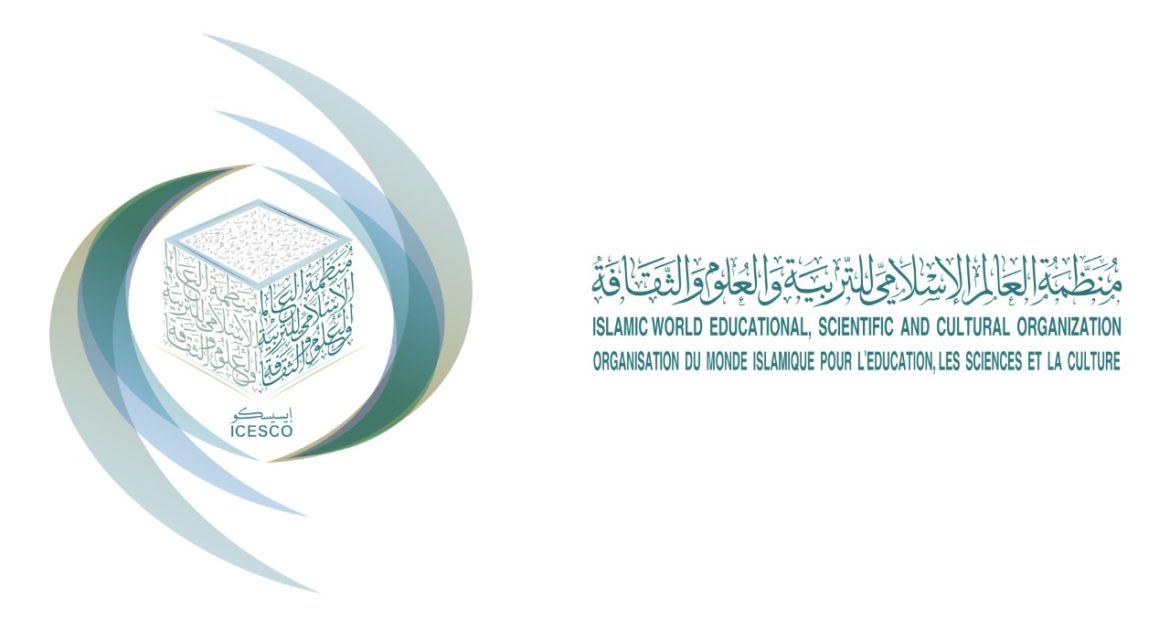
On World Cities Day: ICESCO Calls for Investment in Transformation towards Smart, Resilient and Sustainable Cities

31 October 2022
On 31st October of every year, the world observes World Cities Day, which is celebrated this year under the theme “Better City, Better Life.” It is an opportunity to highlight the future challenges facing cities and urban areas and raise awareness of the need to capitalize on modern technologies and the importance of building partnerships and cooperation to achieve sustainable urban development and promote green cities.
The Islamic World Educational, Scientific and Cultural Organization (ICESCO) seizes this opportunity to call upon countries, governments, international organizations, bodies and civil society institutions to work jointly towards the preservation of the environment in cities and the promotion of development policies and programmes to support the rapid transformation towards smart, resilient and sustainable cities, and increase investments in this field in such a way as to contribute to ensuring a decent life and providing clean air and usable water for cities’ inhabitants by giving priority to financing the environmental sector.
As a contribution to achieving the eleventh Sustainable Development Goal related to sustainable cities and communities, ICESCO has developed, within the framework of its new vision and strategic orientations, an ambitious action plan for the Programme of Smart, Sustainable and Resilient Cities in the Islamic World to promote these concepts in the Member States, rationalize the use of natural resources and promote the utilization of renewable energies.
Being aware of the importance of developing and transforming cities into smart, flexible and sustainable ones, taking into account the construction of new cities according to the latest specifications to improve living conditions and preserve natural resources, the Organization reaffirms its commitment to strengthening the efforts of its Member States to develop strategies in line with the best practices and contribute to joint action to support the most vulnerable groups within cities by developing and implementing ambitious programmes and projects to help adopt this new concept.



